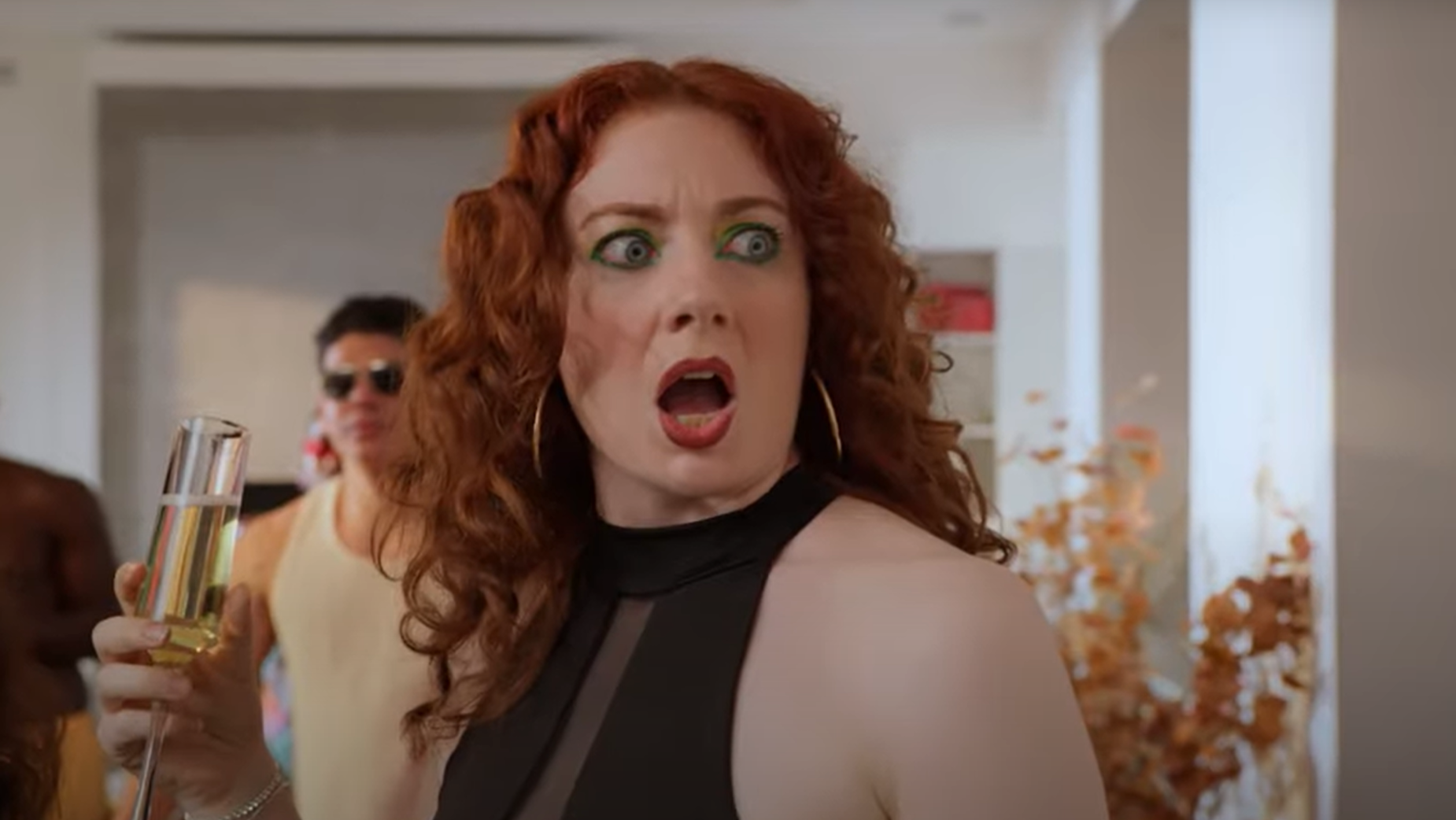
The Gas Leaks Project Uses Toxic Reality TV Personas to Take on ‘Natural’ Gas Disinformation

Today the Gas Leaks Project, a nonprofit dedicated to exposing the truth about the dangers of methane and the fossil fuel industry's disinformation campaign, launched 'Hot and Toxic,' a national campaign capitalising on the toxic tropes of reality television to inform and empower consumers of the health and environmental risks associated with so-called ‘natural gas.’
The public service campaign launched this month with a two-minute film and billboards in Los Angeles and D.C., joining a growing number of creatives turning to comedy to spotlight the climate crisis and its attendant health issues. At more than $1 million, the campaign is considered to be the largest effort the country has ever seen to directly take on the fossil fuel industry’s misleading marketing of ‘natural’ gas, using toxic reality TV personas to highlight the cancer-causing chemicals in methane gas.
One of the challenges faced today when creating public service campaigns is how to deliver important information, without creating a sense of doom that leads to inaction. This is why the campaign uses parody to deliver its message, personifying the 21 hazardous air toxins found in methane gas during a two-minute "trailer” for the “new” reality TV series, which will run in key states with a high percentage of gas stoves.
In one clip, one unsuspecting homeowner must live with these hot and toxic housemates after finding her dream home has a “natural” gas hookup. Every component of the creative campaign, from the trailer to billboards to short-form social content and digital ads appear as a promotion for a new reality TV show.
“While recent studies have created a sense of urgency around the elevated health risks associated with methane gas in the home, it’s not always easy or accessible for people to understand,” said James Hadgis, executive director of the Gas Leaks Project. “Our Hot & Toxic’ parody campaign uses comedy to deliver a really urgent message — that methane gas is hot for the planet and toxic for your health.”
The campaign comes amid growing attention on the climate, health, safety and economic harms of our dependence on “natural” gas, including the Biden Administration’s recent decision to temporarily pause permitting for new gas export facilities. Gas primarily consists of methane, a greenhouse gas that warms the planet 80 times faster than carbon dioxide. Studies show that methane pollution from fracking, pipelines, storage and export facilities make the full climate impact of gas as bad as coal power. And decades worth of studies have documented that gas stoves produce air toxins linked to asthma and cancer. And industry groups like the American Gas Association have borrowed tobacco industry tactics to mislead the public about the threat.
The public service campaign, which will spend more than $1 million on digital advertisements across social media platforms and streaming TV services, is the single-largest attempt to inform and empower consumers about the public health and environmental harms of methane gas. The Gas Leaks Project will target millennial consumers in a dozen states with a high percentage of homes with gas appliances. The campaign will also be brought to life through out-of-home advertising, social media influencers, and themed events this spring in Los Angeles and Washington, D.C.
The campaign finds itself in good company, as creatives turn toward standup, 'cringe' comedy, and humour to help scientists deliver sobering messages. “Hot & Toxic” was created with Zulu Alpha Kilo New York and was directed by Edmond Hawkins, a comedy director, writer, and producer known for his work on the Tonight Show Starring Jimmy Fallon. ‘Methane Monster,’ another public service announcement created by James Hadgis and the Gas Leaks Project and released last year, is a Reed Award finalist.
“We’re bombarded with bad news every day. There are so many serious issues that it’s easy to become desensitised to them,” said Tim Gordon, partner & chief creative officer for Zulu Alpha Kilo NY. “Humor felt like the smartest creative way in—we wanted to educate people on the dangers of ‘natural’ gas without making them feel bad about it. Every creative extension of the campaign borrows from the tropes of promoting reality TV—something people can’t help but watch, especially when things go wrong.”
“The gas industry has been lying to us for decades,” Hadgis added. “Humour brings us together because it’s funny and because it’s true. And allows us to get to the heart of this absurd story — “natural" gas is anything but natural."
Z.A.K.’s internal studio Zulubot managed the editing and all post production work on the campaign.


















